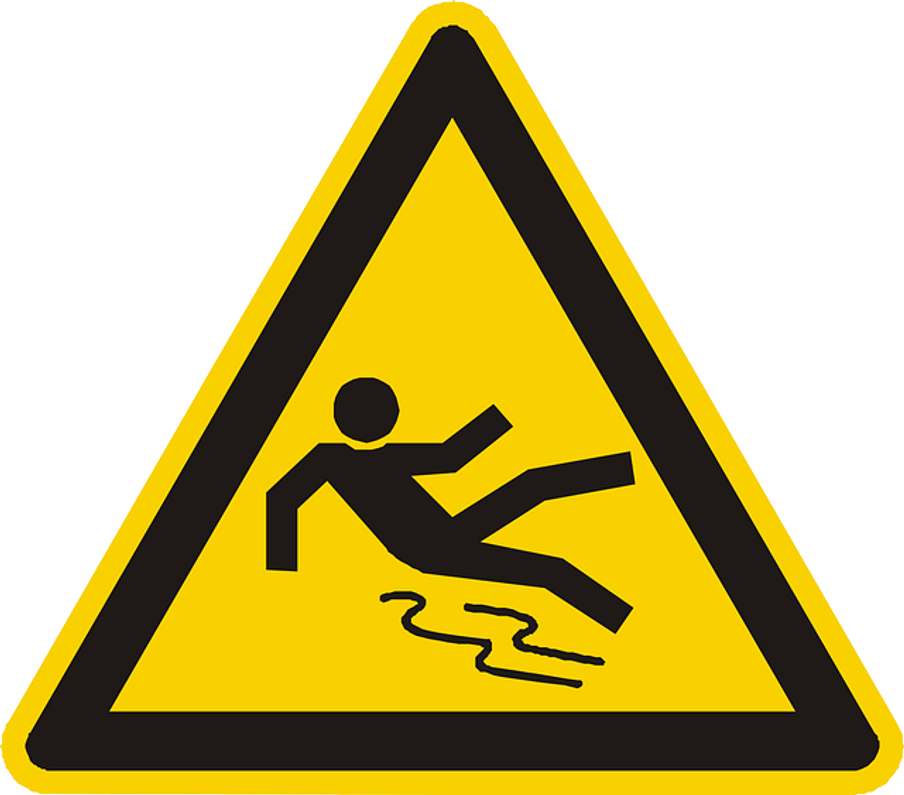6 Common Causes of Slippery Floors in the Workplace
Slip-and-fall accidents remain one of the leading causes of work-related injuries. According to the U.S. Centers for Disease Control and Prevention (CDC), they are responsible for over one-quarter of all nonfatal injuries that occur in the workplace. By understanding what causes slippery floors in the workplace, you can create a safer environment for yourself and other workers.
#1) Spilled Oil
Spilled oil can create slippery floors in the workplace. Many businesses use oil in their daily operations. Oil consists of a thick liquid that lubricates machines, motors and other parts. Even small amounts of spilled oil is a safety hazard. As it coats the floor, it will create a slip-and-fall hazard.
#2) Spilled Water
Spilled water is a common cause of slippery floors in the workplace. Even if your business doesn't use oil in its operations, it may use water. Water can come from air conditioning equipment, machinery coolant or beverages. Spilled water, of course, is a safety hazard. It promotes slippery floors while subsequently increasing the risk of slip-and-fall injuries.
#3) Wax or Polish
A lesser-known cause of slippery floors in the workplace is wax or polish. If the floors in your workplace are heavily waxed or polished, they can become slippery and dangerous. Many businesses apply wax or polish to their floors as a form of protection. Wax and polish consist of invisible layers that protect the underlying flooring from damage. The downside to wax and polish, though, is that they are slippery.
#4) Improper Cleaning
Improper cleaning is a common cause of slippery floors in the workplace. Using the wrong cleaning chemicals or not following proper cleaning procedures can leave a slippery residue on floors. Some cleaning chemicals will leave behind a residue that sticks to the floor while creating a slip-and-fall hazard.
#5) Weather
There's also the potential for weather creating slippery floors in the workplace. Some workplaces have areas that are partially exposed to the outdoors. When it rains or snows, the floors in these areas will become slippery.
#6) High Humidity
You might be surprised to learn that high humidity can cause slippery floors in the workplace. Humidity is simply moisture vapor in the air. If it's high, it means there's a lot of moisture vapor floating around. And some of this moisture vapor may condense and drip onto the floor, thus creating a slip-and-fall hazard.
Recent Posts
-
Fire Safety in the Workplace: What You Need to Know
What steps are you taking to prevent fires in your workplace? According to the U.S. Occupational Saf …Aug 23rd 2023 -
Is It Safe to Go Jogging With a Cold Infection?
If you're suffering from a cold infection, you might be wondering whether it's safe to go jogging. T …Aug 22nd 2023 -
5 Safety Tips to Follow When Using a Powder-Actuated Tool
Powder-actuated tools are commonly used to join materials to steel and concrete. Also known as Hilti …Aug 20th 2023




